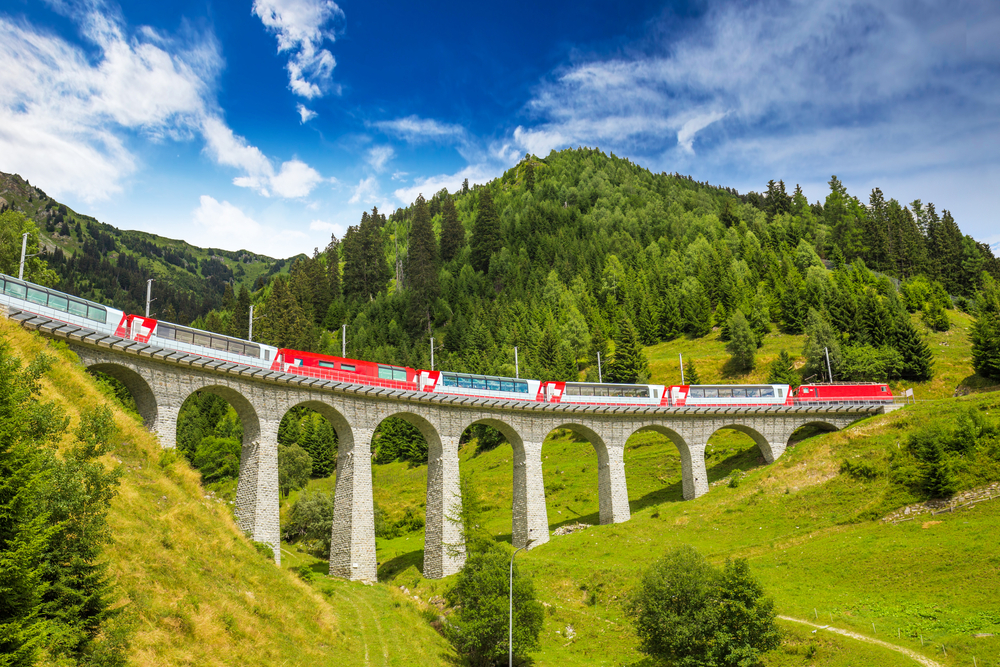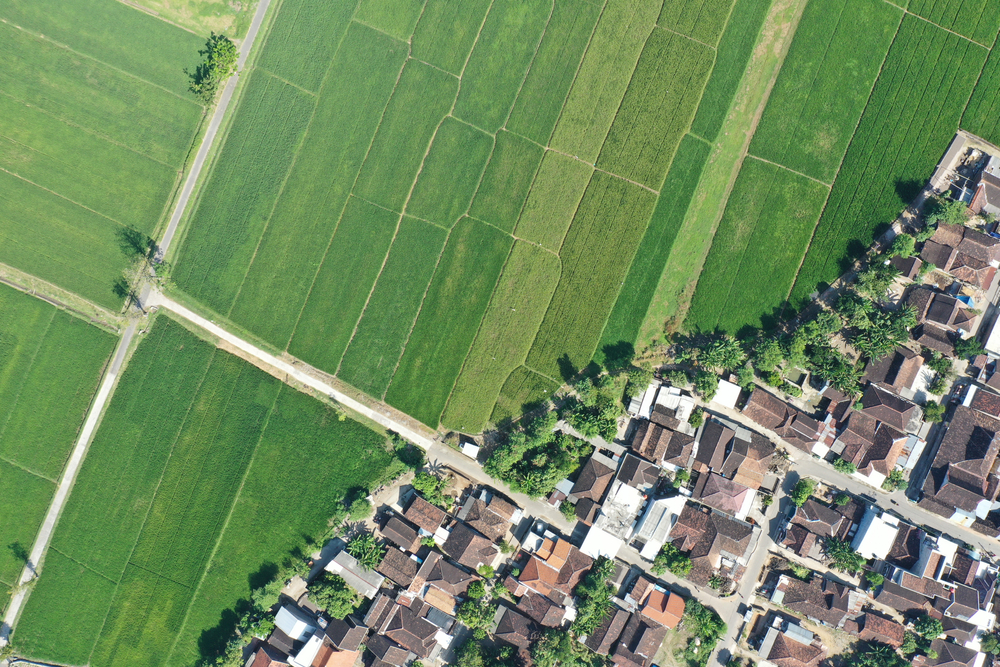[Interalp] - Interface Territories across the Alpine region - Case studies
The InTerAlp project zooms into a number of relevant case studies to examine specific interface regions in more detail. These cases serve to provide an in-depth exploration of different regional settings. The selection of case study regions covers a wide range of geographical locations and territorial characteristics. In general, interface territories are spread all across the Alps – some are more urbanised, others are predominately rural. There are interface territories with cross-border characteristics, and some are directly linked to national capitals.

[Interalp] - Interface Territories across the Alpine region - A new geography
Alpine interface territories link mountainous and inner-Alpine areas with pre-Alpine lowlands and, thus, are a very specific territorial type: Highly dynamic flows and interdependencies as well as controversial stakeholder interests meet in a rather limited spatial framework. Organising sustainable spatial development in this geographical context is a challenge. These challenges extend beyond administrative boundaries and require pan-Alpine strategies and cross-border spatial planning and development instruments.

Transitions environnementales et territoires
ANCT a le plaisir de vous convier à un séminaire portant sur les transitions environnementales et les enjeux dans les territoires.
Pré-programme : les connaissances au service de l’action publique
Territoires et transitions – enjeux environnementaux :
présentation du cahier n. 3 de l’Observatoire des territoires
François Philizot, Président de l’Observatoire des territoires ; Cinzia Rinaldesi, ANCT ; Magali Di Salvo, CEREMA ; Nicolas Rossignol, programme ESPON
No net land take trajectories
As part of the European Green Deal, the EU biodiversity strategy for 2030 aims to protect nature and to reverse the degradation of ecosystems (European Commission, 2020). This strategy states that ‘… nature is in a state of crisis’ and land take is among the main direct drivers of biodiversity loss. All EU Member States and partner states experience problems with increasing pressure on soil and land, and research has shown that more than 60 % of EU soils are in an unhealthy state.

[CIRCTER update] - Indicators on a Circular Economy
To further build up the stock of territorial research in the framework of the ESPON 2030 Programme, in particular in the framework of the ESPON Thematic Action Plan: Climate Neutral Territories, expertise support is sought to gather evidence on the progress in European regions towards a circular economy.
Putting clean energy transition policies into practice in central Europe
The primary goal of the “Putting Clean Energy Transition Policies into Practice in Central Europe” (CleanEnergy4CE) analysis is to provide high-quality research on the practical implementation of clean energy transition policies.
In this short leaflet, we share some interesting preliminary results of the project:

Sustainable urbanisation. Beautiful, sustainable and inclusive cities
The Institute for Spatial Development, in cooperation with the Ministry of Regional Development, is organizing a national seminar entitled Sustainable Urbanisation. Beautiful, Sustainable and Inclusive Cities.
ESPON Symposium on Regional Circular Economy
The event exploreδ the current state of circular economy practices in Europe, ongoing and completed projects, and the roles of governmental and institutional stakeholders.
